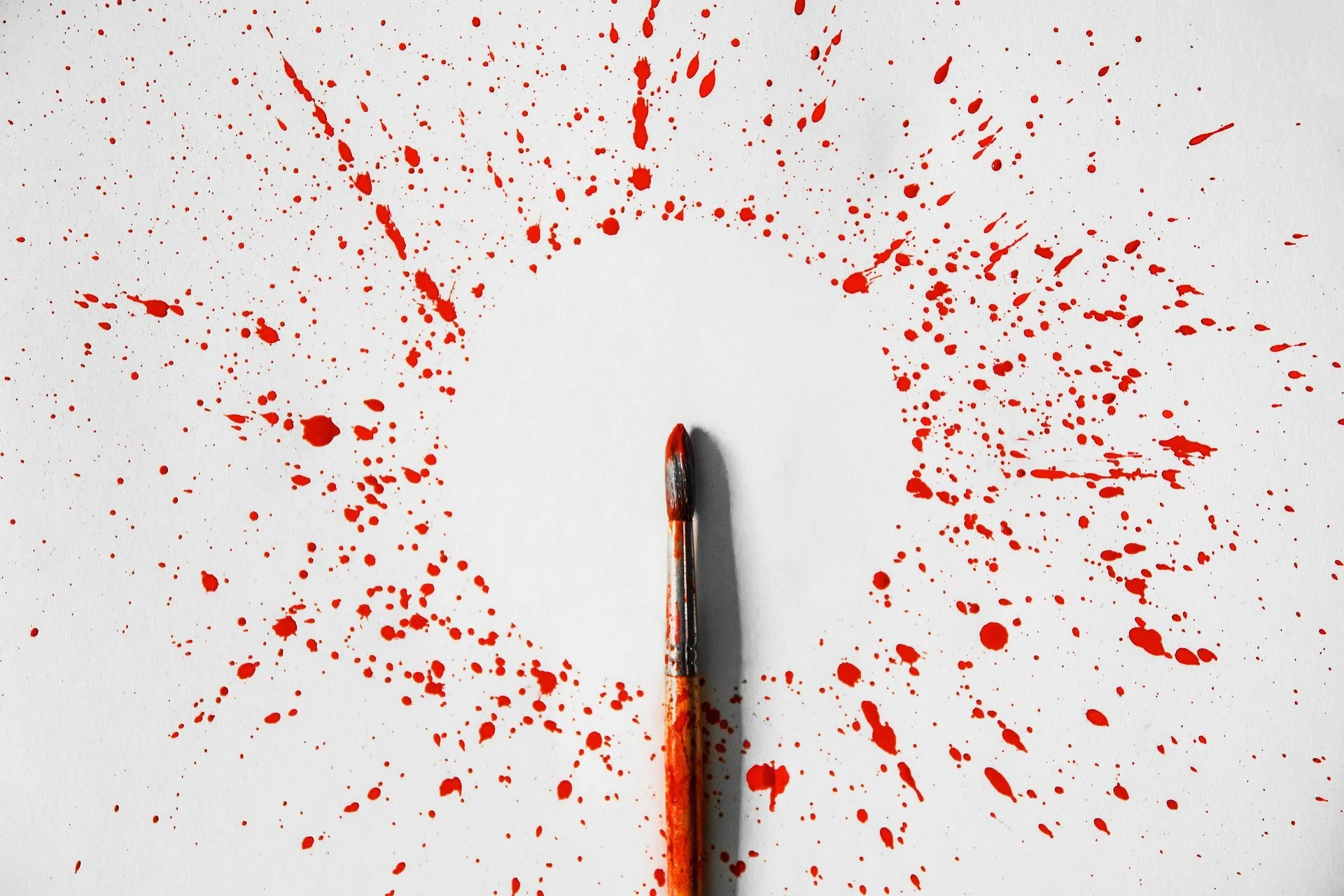Can Having Less Now, Give You More Later? The Minimalist Approach
The new film Less is Now by the Minimalists is streaming in Netflix and there’s so much to unpack!
Of course, there are practical tips and a strong call to action to own less stuff, which are great.
However, it’s the reasons behind the tips, strategies, and challenge – the big “why” living with less can help us access more – that resonated with me most.
The now is key, as many of us currently struggle to balance the physical (most obvious), as well as digital, mental, and emotional clutter in our lives.
Clutter of all kinds can feel so heavy, weighing us down and keeping us out of alignment.
As a result of Covid, many of us are spending much more time at home, and as such, have become hyperaware of what we own and what clutter we have in our homes, on our screens, and in our heads. It’s good timing because, “if not now, when”?
As “The Minimalists”, lifelong friends Joshua Fields Millburn & Ryan Nicodemus have been sharing inspirational and practical information about minimalism for over ten years through their writing, podcast, live shows, and films.
Their brand of minimalism is very accessible, focusing on how to include more of what you want, need and love into your life, in order to have less of what you don’t want, need or love.
Less stuff now = more freedom and satisfaction, less distraction and stress.
Through personal storytelling and reflections, Ryan and Joshua share their individual journeys to minimalism, in which poverty, drive, excess, and pain, play major roles.
Less is Now chronicles the personal transformation that both men have made, moving away from “having it all” and feeling unhappy, to having “what adds value” and feeling happier.
An important point to make is that “less” looks different for everyone. The main idea is that less clutter means less distraction from the things you do love, want, and need.
“Less” is subjective, as some people may own very few items, while others have more but each has a purpose and has been an intentional choice.
Deciding what “less” means to you is critical in order to make sense of the insistent messaging we receive about needing more stuff to be happier, more successful, fulfilled, etc.
The marketing message, “you’re inadequate unless you buy xxx” is a powerful force, whether you are conscious of it or not.
Creating this never-ending aspiration is a bit like falling into a black hole of consumerism, where the quest for more, more, more is never-ending.
If we have the choice to think before we buy, why not choose less?
What do The Minimalists suggest? Keep only what adds value, build momentum to get past the cravings, change your mind about acquiring, and embrace the freedom of choosing intentionally.
The final call to action in the film is a 30-Day Minimalism Game, in which you let go of one item on Day One, two items on Day 2, and so on until you let go of 30 things on Day 30. If you complete it, it means letting go of 465 things by Day 30, which is no small feat!
I highly recommend watching Less is Now…now…as it captures the essence of what living with less, as opposed to always wanting more, can feel like.
If at any point in your decluttering and organizing journey you’d like expert guidance and support, please reach out, I am here to help!

